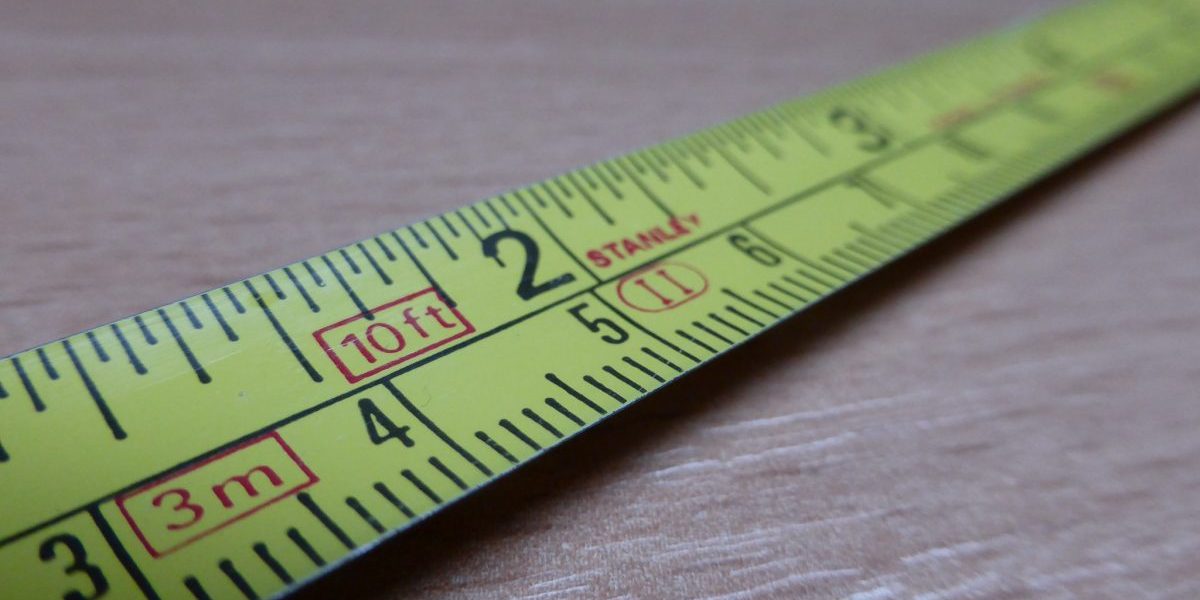They will need a robust mechanism to trace the progress that is being made, and this study explores whether – rather than attempting to construct a new system – Africa’s home-grown governance evaluation system, the African Peer Review Mechanism (APRM), might be able to fulfil this role. A number of factors make the APRM a natural monitoring tool for the other two initiatives. Each is substantively about governance, and deals with similar subjects.
Indeed, the priorities of Agenda 2063 fed into the SDGs, and the APRM has made cooperation between itself, Agenda 2063 and the SDG initiatives a strategic priority. The three initiatives also share broad ideological outlooks, are comprehensive in the scope of their activities, are geared for the long term, envision broad-based participation and seek to engender cross-border cooperation. In broad terms, they are all committed to a democratic, participatory governance framework and developmentally oriented policies. However, there are a number of hindrances to the APRM’s fulfilling this role – at present, these arguably render it incapable of taking on the extensive and ongoing monitoring responsibilities that the other initiatives demand. The APRM has proven larger, more complex and more expensive than its founders realised. It has been slow in conducting reviews, and has not established a consistent set of indicators that would allow for measuring across countries and over time.
Nevertheless, the APRM is a recognised brand and is institutionalised as part of the African Governance Architecture. To take on the monitoring of Agenda 2063 and the SDGs it would need to resolve its administrative weaknesses, secure adequate funding and conduct reviews on an ongoing basis. There is also a need to design a continental system of data gathering and analysis to enable precise measurements of progress in meeting the various developmental goals. These are significant challenges, but they describe the necessary rejuvenation of the APRM required for it to become the monitoring tool for the continent’s developmental endeavours.








